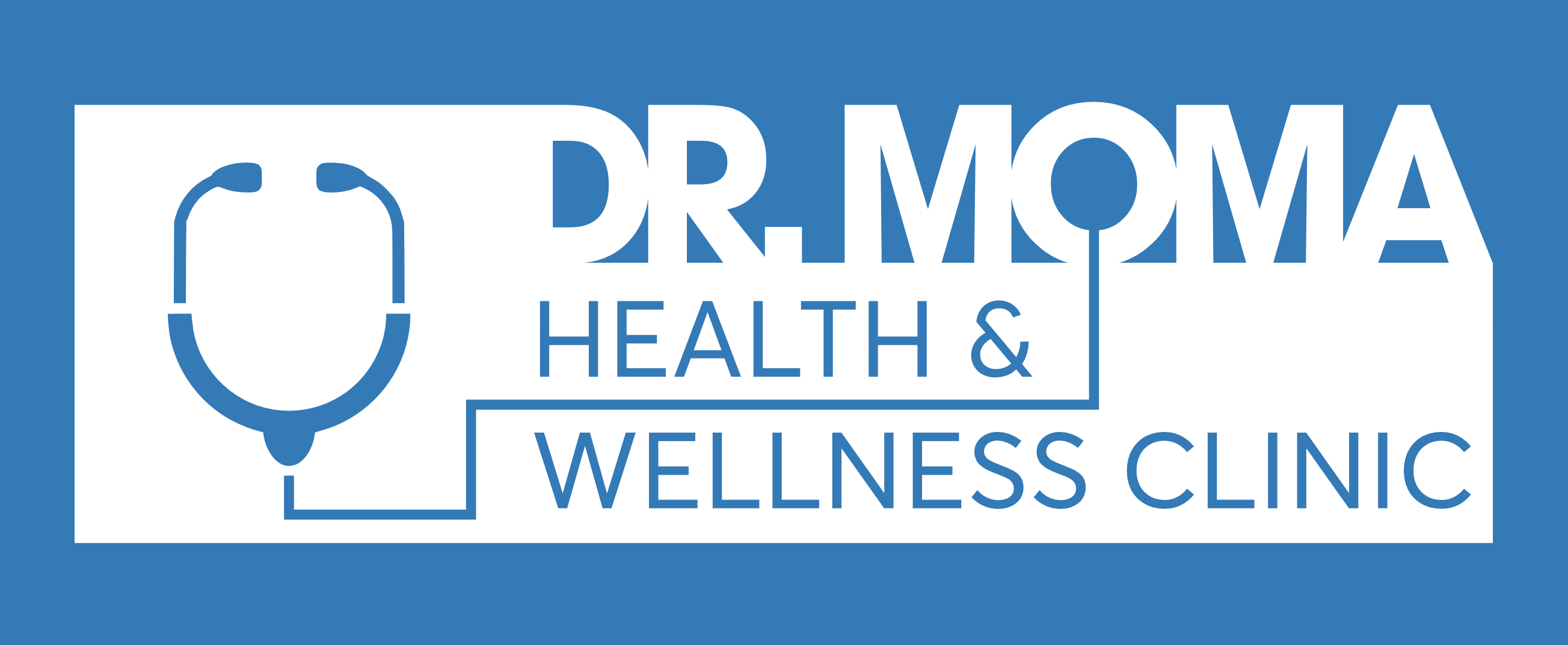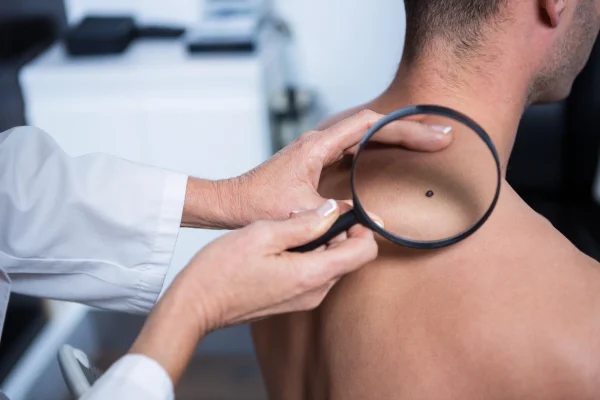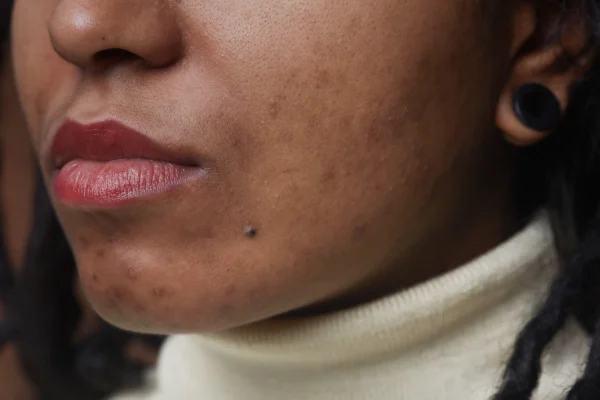Say Goodbye to Psoriasis Our Effective Treatment Solutions
Unveil a brighter future for your skin with our tailored psoriasis treatments. Experience lasting relief and regain your confidence today at Dr. Moma Health & Wellness Clinic.
Types of Psoriasis Medications Learn about the medication options available for psoriasis managementat Dr. Moma Health & Wellness Clinic :
Pharmaceutical Treatments
Topical Medications
These creams or ointments are applied directly to the skin to slow down cell growth and reduce inflammation. Common ingredients include corticosteroids, anthralin, vitamin D3, and vitamin A. Some also contain salicylic acid or coal tar.
Systemic Medications
Prescribed for moderate to severe psoriasis, these medications work throughout the entire body. They can be taken orally or by injection and include drugs like cyclosporine, methotrexate, and acitretin.
New Oral Medications
Innovative treatments such as Otezia® (apremilast) are taken orally to correct the overactive immune response responsible for psoriasis symptoms. These "small-molecule" treatments can be used alone or in combination with other therapies.
Biologic Medications
For severe or unresponsive cases, biologics are protein-based compounds developed from cultured live cells. They target specific components of the immune system implicated in psoriasis. Biologics are administered through intravenous injections and include options like Humira and Remicade.
Non-Pharmaceutical Treatments
Phototherapy
This treatment exposes the skin to ultraviolet light (UVB) in a specialized unit. Although initial worsening may occur due to UVB exposure, continued treatment typically results in improvement. Phototherapy may also be combined with systemic therapies.
Psoralen and UVA (PUVA)
PUVA involves a combination of ultraviolet light and the light-sensitizing medication psoralen. It helps slow abnormal cell growth and alleviate psoriasis symptoms, although it can have side effects like nausea, itching, and redness.
Excimer Laser
Effective for localized psoriasis plaques, this FDA-approved laser treatment uses high-intensity ultraviolet light B (UVB) to target specific areas. It's recommended for mild to moderate cases and may require several sessions for visible improvement.
Pulsed Dye Laser
This laser treatment combines a dye and a unique light wavelength to treat chronic, localized plaques. Multiple sessions (typically four to six) are needed for results.
Find relief from psoriasis at Dr. Moma Health & Wellness Clinic. Regain control over your skin. Discover our effective treatments and embrace a life free of psoriasis discomfort. Your journey to clear skin starts here. Book your consultation today.
FAQ: Frequently Asked Question
Psoriasis medications include topical creams or ointments, systemic medications, biologics, and newer oral treatments.
Systemic medications are taken orally or by injection and work throughout the entire body. They are typically prescribed for moderate to severe psoriasis cases.
New oral medications, sometimes referred to as “small-molecule” treatments, are taken orally and work by addressing the overactive immune response that causes psoriasis symptoms.
Biologic medications are protein-based compounds developed from cultured live cells. They target specific components of the immune system and are usually prescribed for severe or unresponsive psoriasis cases.
The treatment process and expected outcomes may vary depending on the medication type. Your healthcare provider will discuss this with you during your evaluation.
Yes, some psoriasis medications may have side effects, and your dermatologist will inform you about them. The benefits and risks of each medication will be carefully considered.
The time it takes to see improvement can vary depending on the specific medication and your individual response. Your dermatologist will provide guidance on this.



